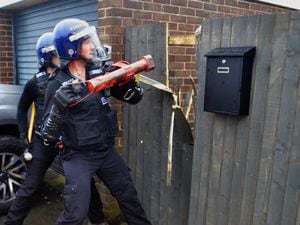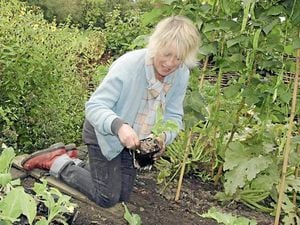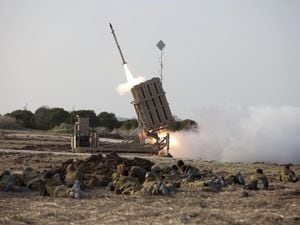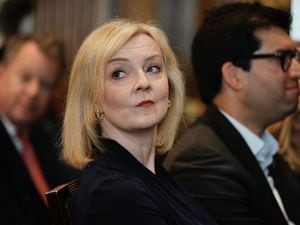Rhodes on cotton towns, fish and chips and sparing our kids from nuclear nightmares
Read the latest column from Peter Rhodes.
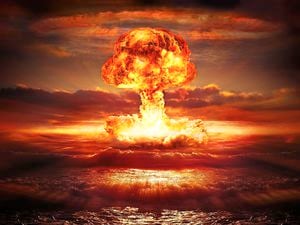
The columnist Peter Hitchens accuses University Challenge (BBC1) of posing ludicrously obscure and difficult questions which have nothing to do with general knowledge. And when an occasional question on British counties or rivers crops up, the students are bamboozled. It's proof, says Hitchens, that schools don't teach basic geography.
He may be right. It is worrying, on University Challenge, to see some of the finest brains in our country unable to identify Shropshire on a map. What happened to the sort of teaching that planted, for example, the names of the great Lancashire cotton towns in primary-school brains?
Blackburn, Burnley, Bolton, Oldham and Preston, since you ask. A teacher told us that more than 60 years ago and I still can't shake those towns out of my head. Maybe little brains were stickier back then.
Still down memory lane, I recall one night on holiday in Swanage in 1961 when a ferocious thunder storm broke out. I was ten and terrified, having convinced myself that these bangs and flashes were multi-megaton nuclear explosions. It is hard to explain how scared we kids were in an age when extinction by atomic warfare seemed inevitable. Here we are, six decades later and, once again, children are hearing the anxious words of grown-ups about Putin, Ukraine and nuclear warheads, and taking God knows what nightmares to bed. A word to parents; be careful what you say in front of the kids.
Another statement from our Prime Minister sounds more like wishful thinking than the whole truth. He told fellow Tories that China seemed to be moving away from supporting Russia: “Yes, I think that in Beijing you are starting to see some second thoughts.”
Are these “second thoughts” based on any intelligence reports or analysis? Or is it just what Boris – and the rest of us – would fervently like to believe? There is a difference.
According to the National Federation of Fish Friers, half of Britain's 10,000 fish-and-chip shops may be forced to close thanks to rising bills for oil, fish and VAT. This is terrible news for chippies and customers but a bonanza for newspaper sub-editors because fish provide more silly headlines than almost any other subject. Has fried fish had its chips? Is there a plaice for chippies? Cod knows if the chippy can survive. And so on . . .


